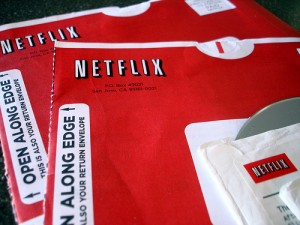
Everyone’s thinking about ways to be more eco-conscious these days. We’re also thinking about ways to save money. Luckily, the two go well together. Most of the habits that are good for the Earth are also good for your budget.
Here are some little changes you can make to help your wallet and the planet:
Reduce.
Consuming less doesn’t just create less waste, it also costs less. Walk or carpool to reduce your fuel consumption (and gas bill). Turn up your thermostat this summer to save electricity. Take shorter showers to conserve water. All of these things will impact your budget and reduce your footprint.
Reuse.
Think before you throw anything away. Is there something else you could do with it? Find creative ways to reuse household items, donate old clothes to Goodwill, check Freecycle before you buy anything new, and list your gently used items on Craigslist to reduce someone else’s consumption and make a little money.
Recycle.
It’s tough to make money on regular recyclables, but it’s possible to earn a little recycling high-tech items. Computers, cameras, cell phones, iPods and other electronics that are too outdated to sell can all be swapped for Amazon gift cards at Gazelle.com. In many stores you can exchange your used ink cartridges for a discount on new ones.
Maintain.
Take care of the things you already own. Mend your worn clothes instead of replacing them. Regularly service your car to maximize gas mileage and extend its life. Check your tire pressure frequently to increase gas mileage and lengthen the time between replacing tires.
Grow.
Organic is best for health and the environment, but the cost can be high. Even for non-organic produce, you’re paying for transportation (and diesel engines are burning fossil fuels to transport them). Why not save some money and fuel by growing a garden? If you don’t have the space to grow produce, consider an herb garden. Herbs are pricey, but if you have a sunny porch or window you can grow your own for next to nothing.
What frugal habits do you have that are good for the environment?
